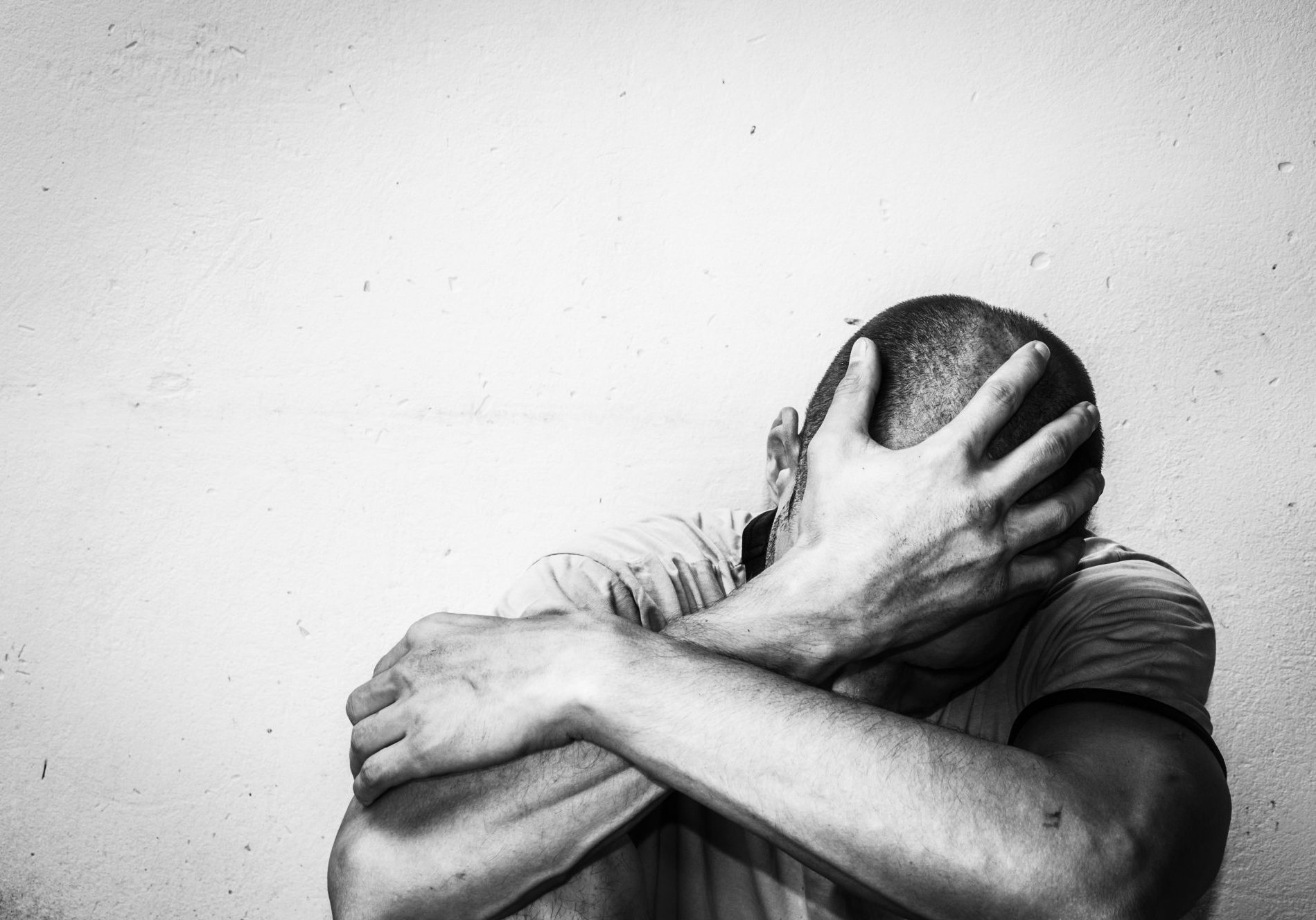
Eight reasons why men feel hesitant to seek help for their mental health
by Craven and Valley Life
EIGHT COMMON REASONS MEN MIGHT HESITATE TO SEEK HELP FOR THEIR MENTAL HEALTH.
Celebrity inner child therapist and speaker Melissa Day shines a spotlight on men’s mental health and offers eight reasons why men hesitate to seek help for their mental and emotional health. She explains that ‘manning up’, ‘holding it together’ and denying emotions to keep going can damage your everyday life, career and relationships. To move forward, it’s essential to do the inner work to help identify what and why you’re feeling the way you do.
Reason 1 – The Rescuer:
“I’m responsible for everyone else, so I can’t seek support for myself…”
If you believe you are entirely responsible for someone else’s feelings, this only leads to suffering. It is not the reality, and you’re erasing that person’s capability. This can result in you taking away another person’s feeling of empowerment by making them dependent on you. It may seem a virtuous act, but it’s, in fact, inauthentic.

The truth is you are not entirely responsible for how someone feels. Taking on this role can lead to an immense amount of stress and pressure. Their reliance on you to make them feel good so that you also feel good is destructive for both.
Reason 2 – The Scapegoat
“I’ll take the blame! – If I’m the key problem, then I don’t deserve help”.

Instead of confronting misdeeds, in adulthood the scapegoat steps forward to take the blame, becoming hyper responsible to maintain closeness and to feel a sense of virtuousness. It’s paramount to distinguish what is and isn’t yours, as you may become the enabler of other people not taking ownership and responsibility for their wrongdoings.
Reason 3 – The Earner
“I have to earn something to deserve something”.
Our receiving blocks are usually formed in childhood. This may have been because love given to us was only shown based on conditions, such as having to achieve or earn something to be loved. This early learning shaped our understanding that love and receiving are negative. This interpretation then influences our belief system that we have to earn something to deserve something, so if someone tries to give, we distrust the motive behind it.
Reason 4 – The Unlovable
“I’m not worthy of help because I’m flawed”.
If we have difficulty receiving help (which is a form of love), this usually indicates disbelief and mistrust towards a person’s motives. The armouring that we’ve created stops us from being able to receive. If our experience of love in our early years was not given unconditionally, then we can grow up not recognising true love when it’s staring us in the face. By being mistreated or having love based on conditions as a child, our ingrained belief is that we can’t be loveable just as we are because, on some level, we feel flawed based on the treatment received.
Reason 5 – The Lone Wolf
“I resist help because you will see me as weak”.
People who can’t receive block any notion of help. They refuse to ask for it as they distrust everyone around them and feel that it’s them against the world and that to do or have something, they must do it alone. They don’t often see help when offered, but they will seek holes in it if they do. They will try to reveal that the intention behind it is not pure and a way to illustrate that they are not capable of doing it alone.

Reason 6 – The Shielded
“It’s not safe to let anyone in”.
In our early years, if we have experienced trauma, pain or anything uncomfortable in our environment, “armouring” is developed. Armouring is a shutting down of our energy system to shield and defend us from people and the world around us so we are not open or receptive to others. It can play a role in helping a child use what mechanisms they can to protect themselves emotionally; however, as they transition into adulthood, this armouring can play havoc with relationships.
Reason 7 – The Denier
“My story isn’t bad, so that I can manage independently”.
Where suffering is dismissed, this can result from a place of denial, a survival mechanism. The root can come from a need for acceptance by, for example, the family who caused the suffering; therefore, the trauma is buried. It could stem from someone not believing what they experienced was “that bad” because they are comparing themselves to someone else. Remember, no one’s experience is qualified to be any more or less critical. We all have unique experiences to us.
Reason 8 – The Excuser
“I play a hand in my trauma, so I shouldn’t ask for help”.
Not addressing where (or who) the trauma came from can result in people blaming themselves, as they did in childhood, which in turn, excuses a parent or caregiver for abusive or neglectful behaviour. FOG (fear, obligation and guilt): parenting practices that are based on these can also mean that the adult self now, is reluctant to identify who the responsibility lies with. Some people resist the truth about their parents, which can come from a place of idealising them.

Melissa Day, Inner Child Therapist and speaker at the Celebrating Strengths – Men’s Retreat, commented, “Some men have convinced themselves that their feelings are invalid. Numbing themselves to their emotional experience can be extremely damaging and hold them back in everyday life, career and relationships. By doing the inner work, they must free themselves from emotional and mental behavioural and thought patterns. Being proactive about their emotional, mental, physical and spiritual health is the epitome of putting the term self-love into action”.
Celebrating Strengths – Men’s Retreat
Melissa Day is one of several experts sharing her expertise at the Celebrating Strengths – Men’s Retreat.
The all-male retreat focuses on enabling self-insight and empowerment. Learning points will cover the psychology of self-development and personality, including strengths psychology. The retreat will combine Inner Child Therapy and Shadow Work. Learning how to reconnect with your inner child and re-parent yourself is a powerful and quick technique to free you from emotional and mental issues that do not serve your highest good and purpose. The retreat will explore healthy masculinity and spotlight the masculine and feminine energies in us all to tap into innate power. This will help you lead an even more fulfilling and authentic expression of yourself.

This retreat is designed to empower you with more excellent knowledge of the “psychology of the mind” and focus on spiritual health’s importance. Combining both is the bridge that forms optimum health and well-being.
To register interest, please email: info@niroshini.com





